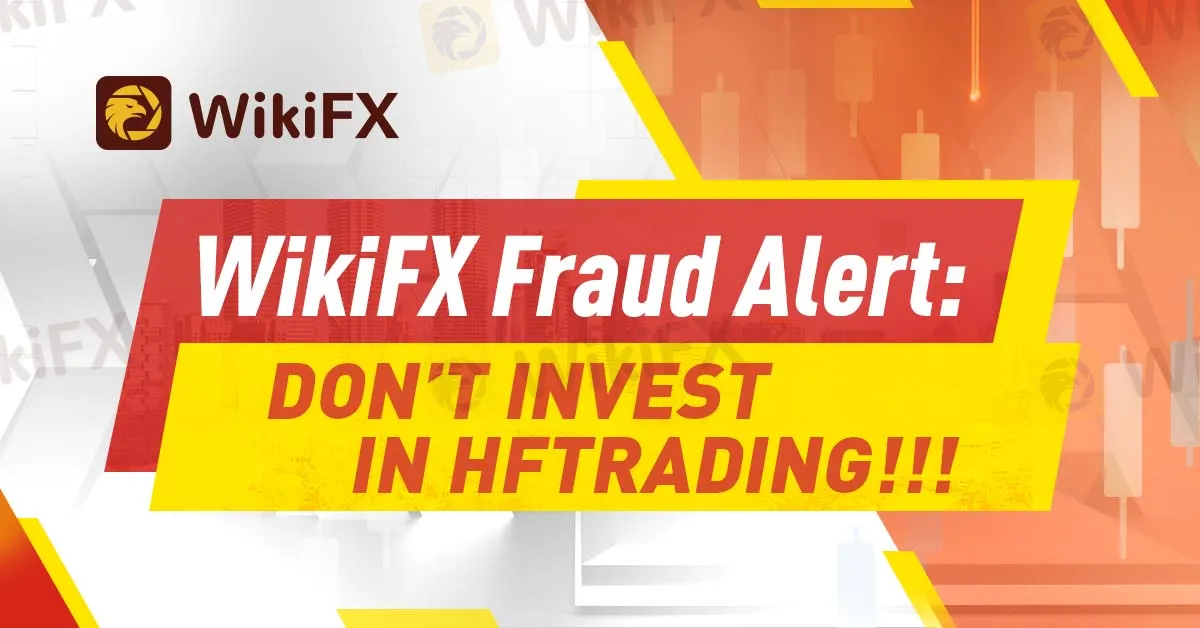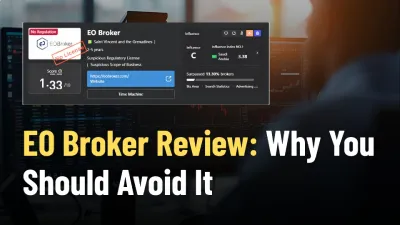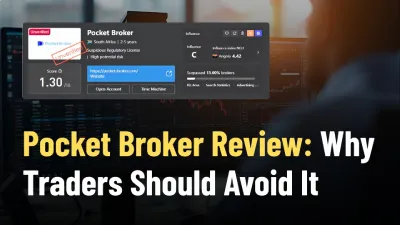Abstract:The legitimate license is the business license issued by the financial regulatory institution of each country/region.

According to WikiFX, HFTrading has been given a pretty low rating of 1.36/10. In other words, WikiFX doesn't advise people to invest in a broker with a low score.

It is worth noting that HFTrading is verified to be a clone firm. The licensed company it impersonates is a New Zealand company called CTRL Investments Ltd. No doubt, it is risky for traders to work with an unregulated broker as it may take traders money away fraudulently.

What is a Legitimate License?
The legitimate license is the business license issued by the financial regulatory institution of each country/region.
Holding a license means that the broker is recognized and regulated by the regulatory authority, therefore your money is under the protection to some extent.
Whether a forex brokerage firm holds a legitimate license or not is one of the important factors to evaluate the reliability of forex brokers.
The content of the regulation and the difficulty of obtaining a license vary with the country and agency issuing the license.
What is WikiFX?
WikiFX is a global broker regulatory inquiry app that holds information of over 35,000 forex brokers in collaboration with 30 national regulators. Here, traders can find verified details of a certain forex broker before engaging with them. Visit WikiFX's official website at www.wikifx.com. Alternatively, download the free WikiFX app on Google Play/App Store.

Click on “All” in the mobile app.

Move to the “Regulation Institute”. Here is a comprehensive list of regulators categorized according to respective countries.

The Australian Securities and Investments Commission (ASIC) is Australias main corporate regulator.

On the other hand, the Financial Markets Authority (FMA) is the government agency responsible for regulation of financial markets in New Zealand.

Is HFTrading worthy to invest in?
Not only is HFTrading an unregulated brokerage firm, it has even been ruled a clone, which means HFTrading could blow your account and take your money away without your permission. You will hardly be able to hold them responsible for the loss of your funds.
Conclusion
All in all, when you look for a broker to conduct your trading activities with, the thing you need to do is to identify the brokers certification. Unfortunately, HFTrading is a broker that lacks such information. WikiFX does not advise traders to invest in HFTrading. If you want to know more information about the reliability of certain brokers, you can open our website (https://www.WikiFX.com/en). Or you can download the WikiFX APP to find the most trusted broker for yourself.

















